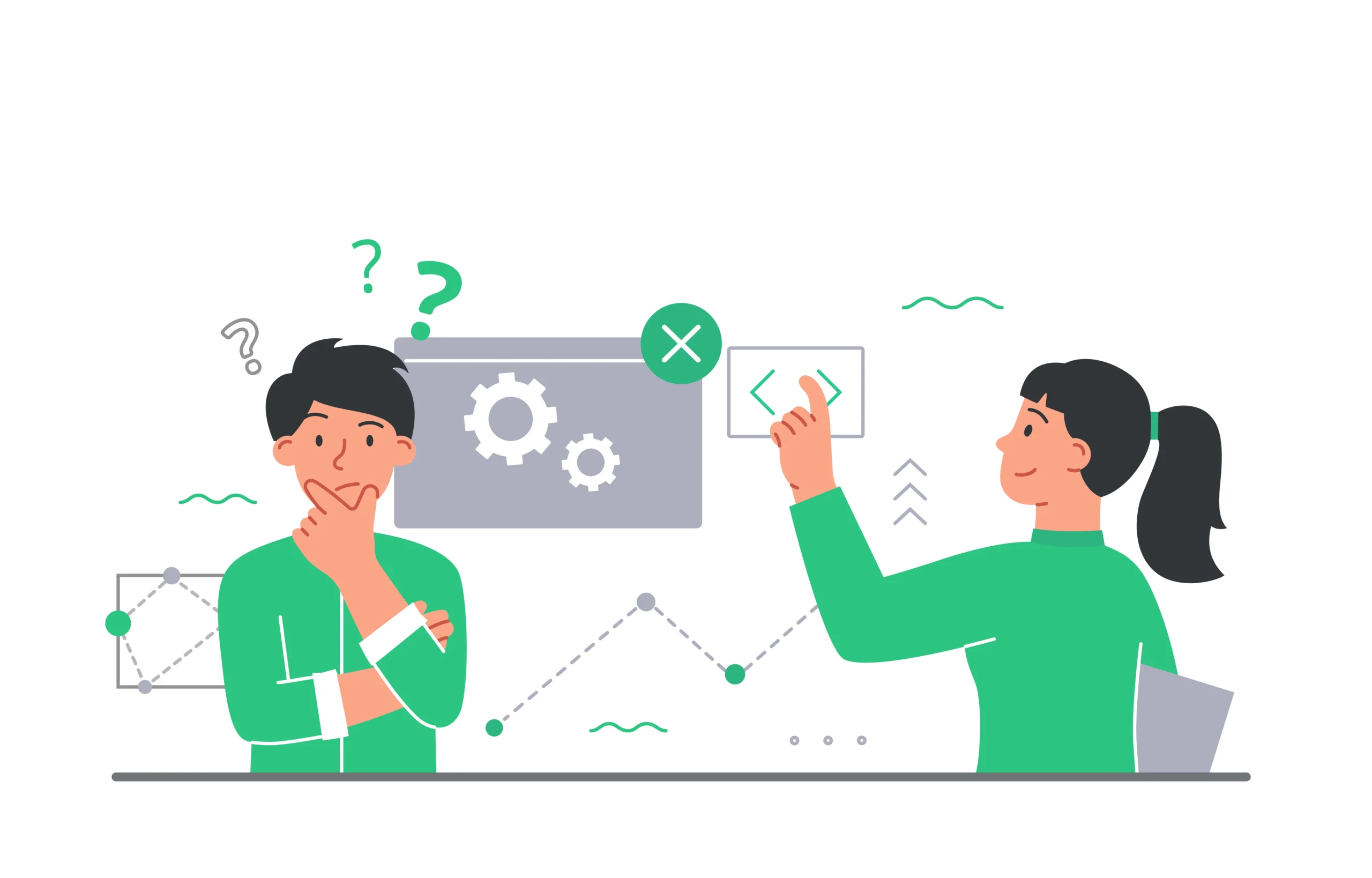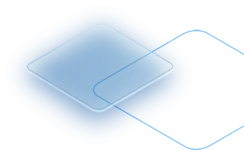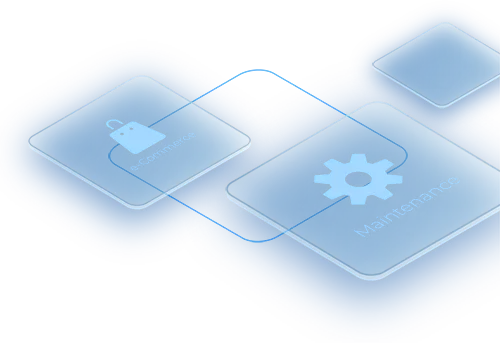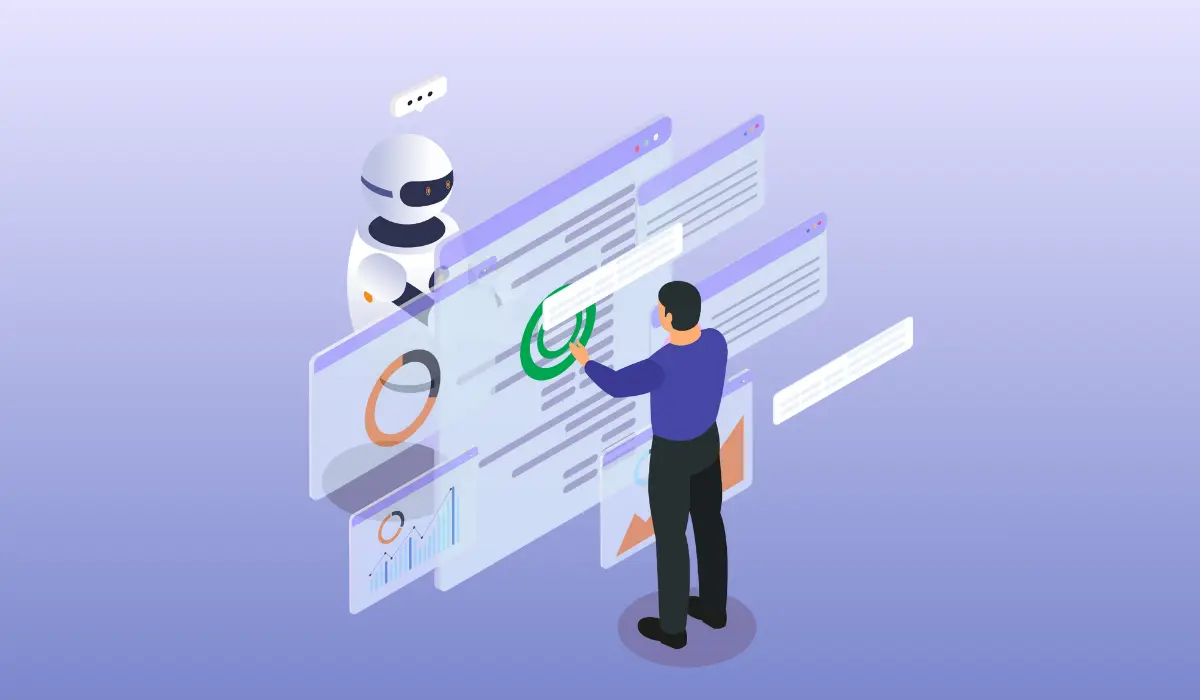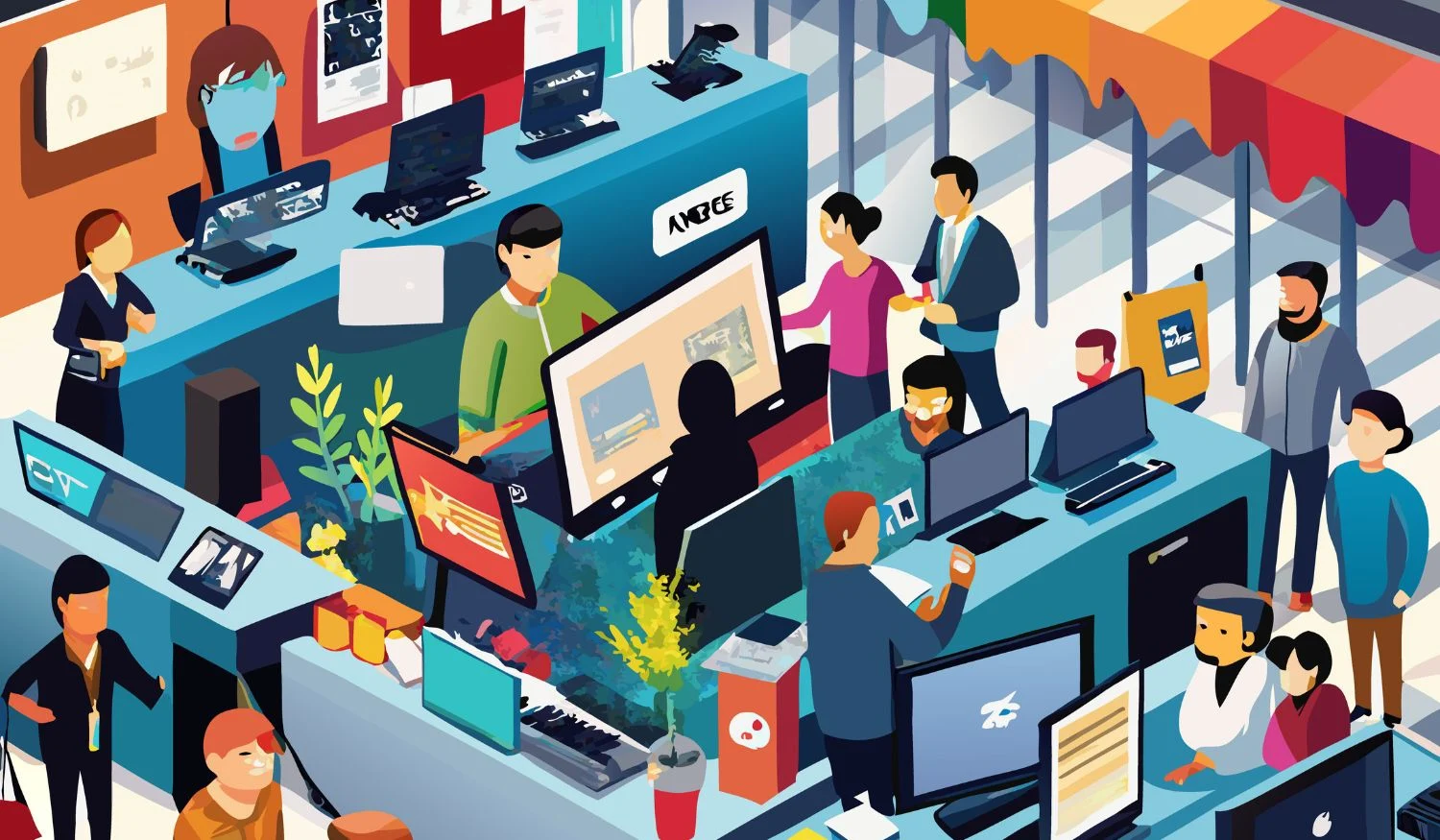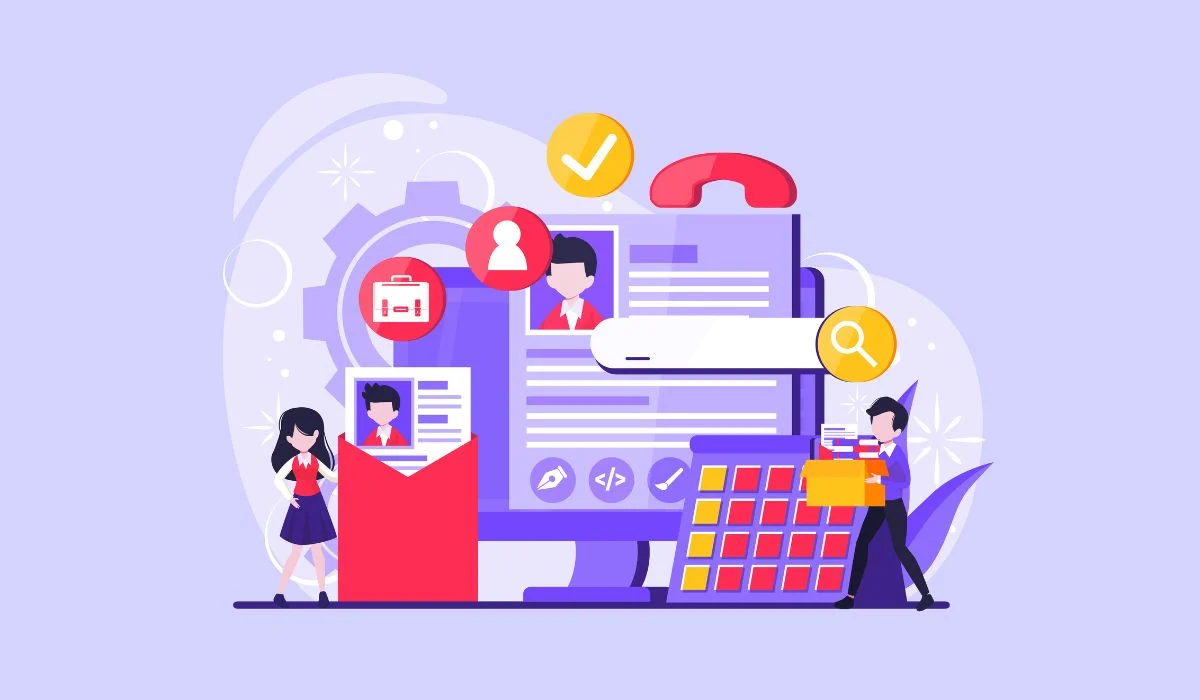What Are Digital HR Tools?
Think of digital HR tools as the modern version of your HR office. Now ditch the forms, folders, and emails; here you get apps, platforms, and automation.
It helps you to manage hiring, leave requests, payroll, training, pretty much everything, without printing a single sheet of paper. These tools enable HR teams to do more quickly and with fewer mistakes. That’s one reason why HR digitization has earned so much attention lately.
How Technology Is Reshaping HR
Back in the day, HR was all manual. Posting job ads in newspapers, filing resumes by hand, calculating salaries with a calculator—yep.
Now, the evolution of HR from paper-based, manual processes and systems has taken a big leap. Thanks to cloud-based systems and AI, digital HR helps businesses hire faster, train better, and make smarter decisions using real-time data.

Why 2025 Feels Like a Tipping Point
Nowadays most of the companies are working remotely or in hybrid mode. The current workforce is younger, tech-savvy, and expects instant access to everything from their payslips to training videos.
That’s why HR digital transformation for businesses is no longer something that’s “nice to have.” It’s become something mandatory. The competitors are using smart tools to run leaner, faster operations so waiting too long means falling behind.
What’s Driving the Switch to Digital HR?
There are a few clear reasons why companies adopting digital HR tools are on the rise:
- Changing workforce expectations: People need to get things done fast, online, and with zero hassle.
- Demand for real-time, data-driven decisions: Managers want insights instead of guesswork, especially when making people decisions.
- Compliance, risk, and security pressures: Data privacy laws are getting stricter, and spreadsheets just aren’t safe anymore.
- The need to cut costs and boost productivity: Digital tools help you do more with less. And that’s gold for any business.
Why Traditional HR Just Can’t Keep Up Anymore
Let’s be real. Traditional HR still works—for now. But it’s slow. It’s error-prone. And it frustrates both HR teams and employees.
Businesses aimed to move forward, keep employees happy and remain compliant; they say goodbye to paper paths and greet the platforms.
Traditional HR vs Digital HR Tools
| Benefit Area |
Traditional HR Approach |
With Digital HR Tools |
| Time Management |
Manual paperwork and repetitive tasks |
Automated workflows save time for strategic work |
| Hiring & Onboarding |
Slow, manual tracking and paperwork |
Streamlined ATS and digital onboarding platforms |
| Employee Engagement |
Limited interaction and feedback |
Real-time feedback, self-service portals, and EXPs |
| Strategic Alignment |
Disconnected from business KPIs |
Data-driven HR aligned with company goals |
| Visibility & Transparency |
Siloed data, unclear performance metrics |
Centralized dashboards and real-time workforce insights |
| Error Reduction |
Frequent manual entry mistakes |
Automated, accurate records and compliance |
| Employer Branding & Retention |
Outdated processes and poor candidate experience |
Modern, tech-driven experience attracts top talent |
Key Benefits of Digital HR Tools
Let’s get specific. Here’s what incorporating advanced HR systems actually does for a business:
1. Saves time through automation
No more chasing down signatures or typing up offer letters from scratch. Digital tools take care of repetitive tasks so HR teams can focus on people, not paperwork.
2. Improves hiring and onboarding
Smart platforms manage screen resumes, schedule interviews, and even onboard new hires with checklists and training videos. In short, digital HR tools help businesses streamline recruitment and make it smoother for everyone.
3. Boosts engagement
Self-service portal, feedback app and digital survey are not just cool facilities. They help employees feel heard and supported.
4. Aligns HR with business goals
When the data flows independently in the company, HR managers can make high-level support decisions. That’s where HR digital transformation boosts talent retention and helps shape smarter workplaces.
5. Reduces errors
Manual data entry leads to mistakes, especially in payroll or compliance. Digital systems cut that risk way down.
6. Strengthens your employer brand
Modern tools create a smooth, friendly experience for job candidates and current employees. This makes the company look like people who want to work somewhere.
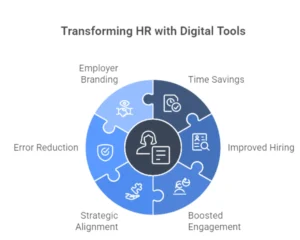
Why These Digital HR Tools Matter to Businesses Today
Here’s a glance at some tools that businesses are upgrading to:
- HR Management Systems (HRMS) – These are your all-in-one platforms for managing employee benefits, records, attendance, and more.
- Applicant Tracking Systems (ATS) – They make hiring faster and smarter.
- Learning Management Systems (LMS) – Great for training and upskilling.
- Performance Management Tools – Track goals, feedback, and growth.
- AI & Analytics – For spotting trends and making smarter workforce calls.
- Cloud-based, mobile-friendly platforms – Because no one wants to be stuck to a desktop.
- Employee Experience Platforms (EXPs) – Tools that focus on wellbeing, communication, and culture.
Why Businesses Are Switching Now: The Trends Pushing Them Forward
This isn’t just about today. Here’s how digital HR is evolving:
- AI-powered personalization: Think of personalized learning paths or custom onboarding experiences.
- Skills-based talent management: Hire for potential, not just credentials.
- Wellbeing tech: Apps that support mental health and work-life balance.
- Self-service everything: Employees managing their HR needs in a few taps.
- Analytics-first thinking: HR dashboards will be just as important as sales reports.
But It’s Not Always Easy…
Switching to digital HR isn’t plug-and-play. Here are some common setbacks:
- Resistance to change: Some people prefer the old way, even if it’s slower.
- High setup costs or tech headaches: Choosing the wrong tool or not integrating it well can backfire.
- Skill gaps: Your team might need training to use the new systems effectively.
- Security worries: Sensitive employee data must be protected properly.
How to Make the Switch Smooth
If you’re thinking about joining the crowd and switching to digital HR tools, here’s a simple path forward:
- Audit your current setup – What’s working? What’s not?
- Define your goals – Are you focused on hiring? Engagement? Cost reduction?
- Choose the right tools – Don’t just pick the trendiest one. Go for what fits.
- Get buy-in from your team – Explain the “why,” not just the “what.”
- Train and track – Support your people and measure success as you go.
Final Thoughts: Why Businesses Are Making the Switch
Why do businesses need digital HR transformation? Because the world of work has changed, and the old tools just don’t cut it anymore. Whether it’s hiring better, engaging your team, or making decisions based on data—not gut feelings—HR digital transformation for businesses makes all of that easier.
If your team is still stuck in the spreadsheet or has to do with a bunch of paperwork, it’s probably time to see what’s out there. The fact is, you don’t have to switch suddenly. But one smart step at a time? That’s how real change starts.
At Ebr software, we’ve seen firsthand how the right digital HR tools can transform everyday work. If you’re curious about how this could look for your team, we’re here to talk, no pressure, no jargon.
